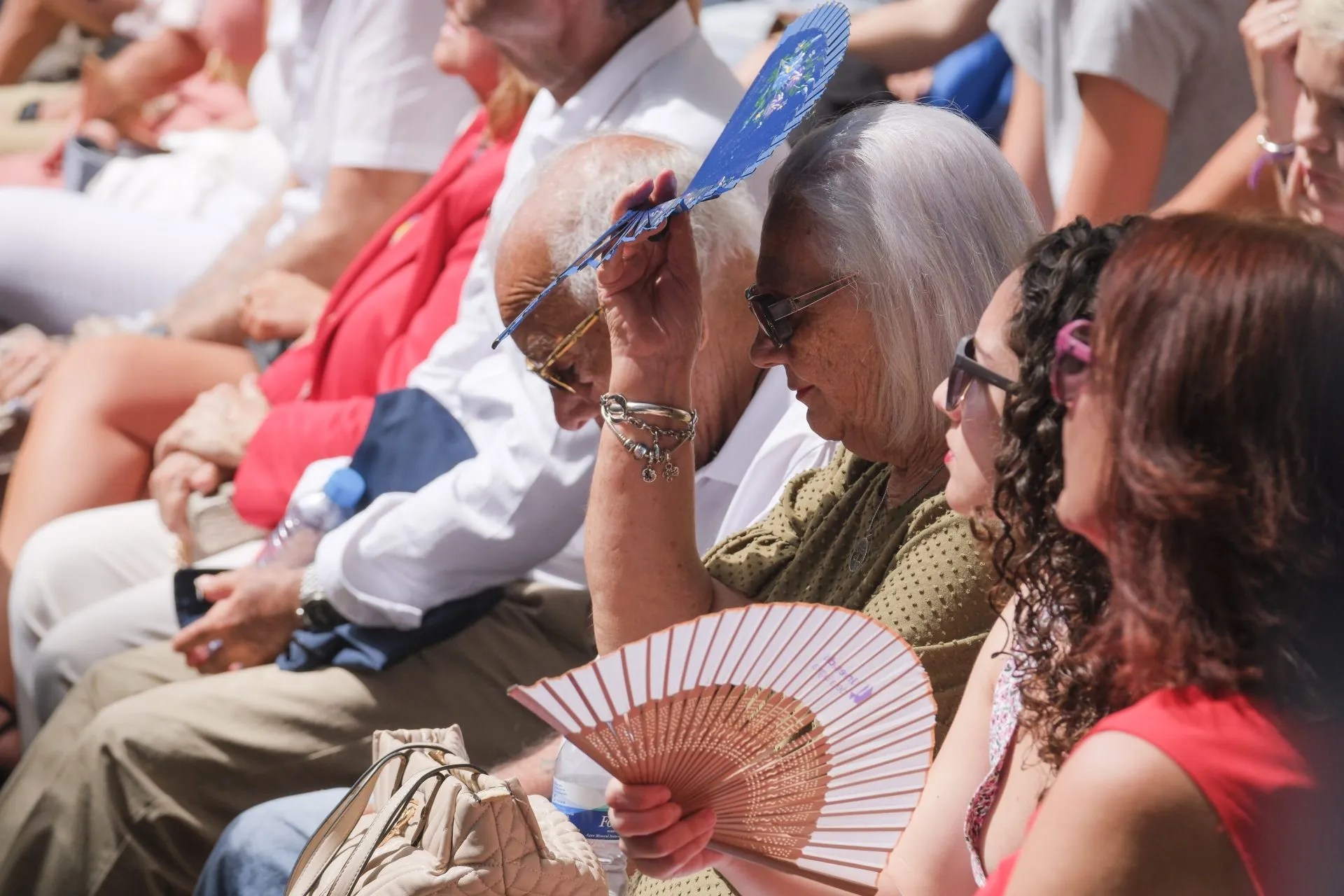From advocating for food sovereignty and encouraging healthy eating to fostering community spirit and promoting values like environmental awareness and sustainable development. These are merely a few of the benefits that urban gardens offer and which the Puerto de la Cruz City Council aims to utilise, especially given that there is available land within the municipality.
The local Sustainable City department has initiated plans to realise the establishment of the first two gardens in the coming year. To facilitate this, they have put out to tender the works for site preparation and general cleaning, perimeter fencing, and water supply setup on two municipal plots: one situated in the La Quintana urbanisation and the other in sector 2, adjacent to Los Cachazos, at the intersection of Luis Rodríguez Rigueroa street and Camino La Garañona. Additionally, the wall in the latter location will undergo repairs with the inclusion of basalt stone, and the covering will replicate the existing design.
The initial project has a budget of €27,916 and a completion timeframe of three months. It will accommodate between six and seven accessible gardens, with some designed to be elevated for easier access by wheelchair users.
For the second plot, the investment totals €35,492 due to its larger size, yet it follows the same timeframe. Approximately 30 gardens, each ranging from 25 to 30 square metres, will be organised there.
The contracting process is already underway and is expected to be finalised before the end of the year. If timelines are adhered to, both plots will be operational by the first quarter of the following year.
“This is a straightforward project; the most challenging aspect involves the execution and framework required to establish over thirty social gardens. For this reason, we are working towards tendering the revitalisation of the space so that it does not solely rely on municipal technicians but also receives external support in the initial years,” explains David Hernández (ACP), the area councillor.
“The objective is to establish regulations governing the use and allocation of spaces, ensuring maintenance is shared among different families, associations, and community groups, with the aim that they become self-managed in the future. An association will be formed governed by statutes to cultivate a communal identity through these gardens, creating a platform for environmental consciousness and climate change advocacy,” notes the councillor.
It remains to be determined how the awards will be granted and the criteria future beneficiaries must adhere to concerning environmental best practices and sustainable agriculture standards, according to Hernández, who visited the site on Friday with various residents from Botánico.
“This initiative is part of the participatory processes we have previously undertaken, such as Neighbourhoods for Climate. From this involvement, a recurring request emerged for the establishment of urban gardens,” he elaborates. “The mural in support of the Palestinian people, the establishment of urban gardens, Spanish classes to aid the integration of migrant minors, and the removal of beauty contests from children’s events are all actions that many struggle to fully accept, but they form an integral part of a defined roadmap from which there is no return,” Hernández underscores.















